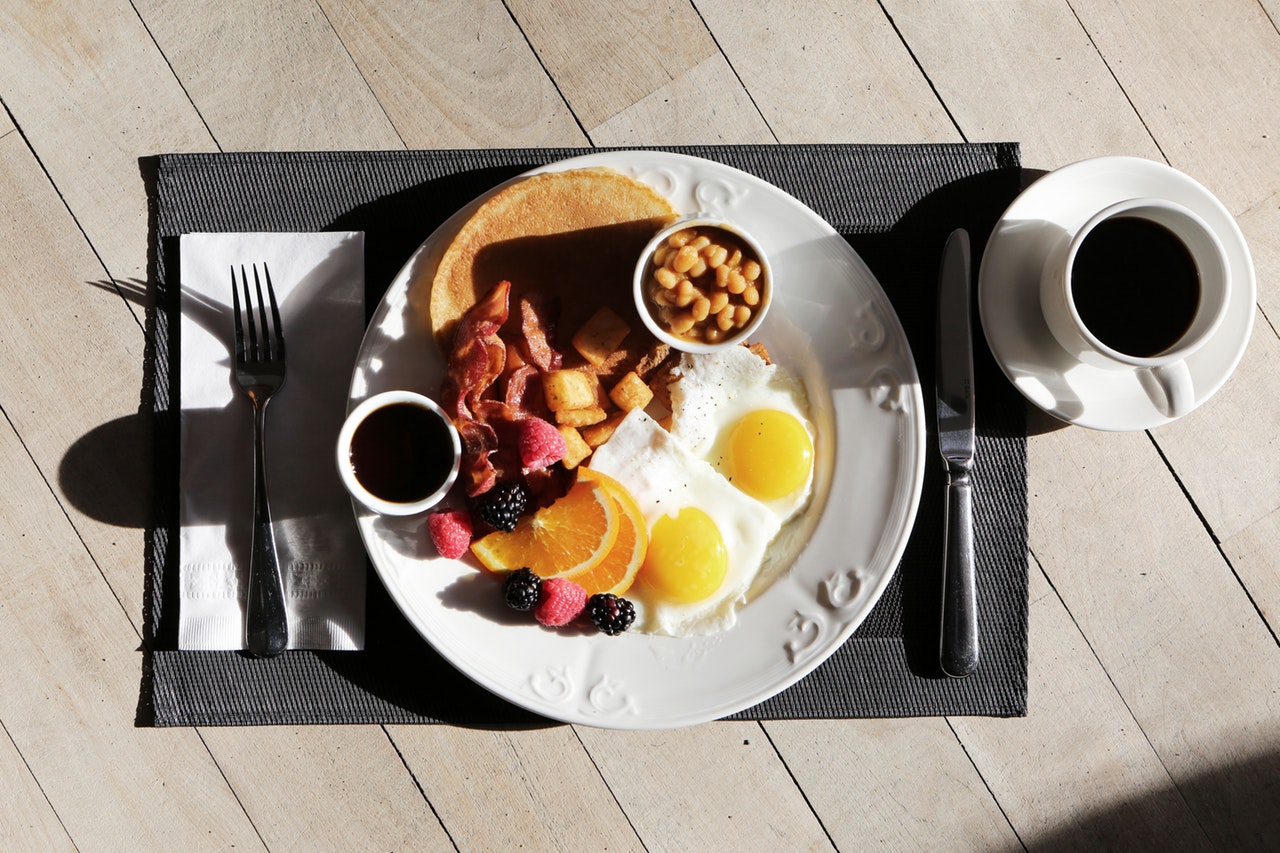Having coached hundreds of clients over the years with different goals, issues, road blocks, struggles, lifestyles, schedules and food preferences, one thing is very clear to me: one of the best things you can do to reach your body composition/transformation goals, is learn how to food journal…and do it on a regular basis.
TRACK IT – MAKE IT PRIORITY #1
I know I’ve gone over this before, but it’s worth revisiting. Some of you may not like to food journal, or may not feel you have time, but if your physique transformation, body re-composition, fitness, strength, and performance goals are a top priority, then food journaling should also be a top priority. Here’s why:
1. Accountability
If you’ve ever food journaled then you know cringing feeling of entering an item that you didn’t plan on eating that throws you way off you calories or macros for the day. If I have to enter something into my food journal, I’m less likely to eat what is not on my plan because I don’t want to have to enter it in! On the flip side, if I decide to skip food journaling for a day, or even just a meal or two, in my mind I feel like I can eat whatever I want because I won’t have to enter it. Mentally, I feel like it almost doesn’t count because I don’t have to look at it in my journal. Seeing what you consume on a daily basis helps keep you accountable to yourself and really makes you think twice about what you’re about to put in your mouth.
2. Confidence
Food journaling on a regular basis can give you the confidence and peace of mind knowing that you are on track with your nutrition. I have food journaled for so long that I can’t remember what it feels like to not know how many calories I’ve consumed on a given day. I may go over my calories and macros some days, or I may be under my calories and macros on other days. But the most important at this point in my life is having the confidence of always knowing where I’m at with my nutrition. If my body starts to digress, I know why. If I’m experiencing really good progress, I know why. I always know where I stand with my nutrition.
3. Reference Point
There have been many times when I looked back at some of my progress photos and wondered what I was eating at the time to see such great changes and progress. All I had to do was flip back in My Journal (I’ve used for about 6 years) to that date and look at what I was eating the weeks or months prior to see what worked for me. Food journaling can give you a clear reference point to times in your life when you were making progress or when you were digressing (though many people typically don’t food journal if they’ve fallen off the nutrition wagon, or they start digressing because they’ve stopped food journaling and, thus, stopped paying as much attention to what and how much they’re consuming).
4. Clear Variables
When you are working with a trainer or nutrition coach, you typically have a “starting point,” or a set number of calories and macros to begin with, then depending on your progress, your coach will tweak your nutrition so your body will respond in the direction of your desired goals. If you food journal, your coach (or you, if you have an eye for and knowledge of calories manipulation in relation to physique changes) can then start tweaking and manipulating your calories, fats, proteins, carbs, sugars and even sodium levels to illicit a desired physical response. Seeing exactly what you’re eating helps give a very clear picture of what variables (calories, macros, etc.) can be manipulated, then see how your body clearly responds to those particular changes.
Many of you may already food journal in some way, whether it’s through a smart phone app such as MyFitnessPal, The Calorie Counter, Lose It!, or just good old fashion pen and paper. If you don’t already keep a food journal on a daily basis – or even just track 3-4 times per week – you may want to start, especially if you have very specific physique transformation goals you want to achieve.







